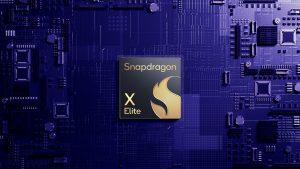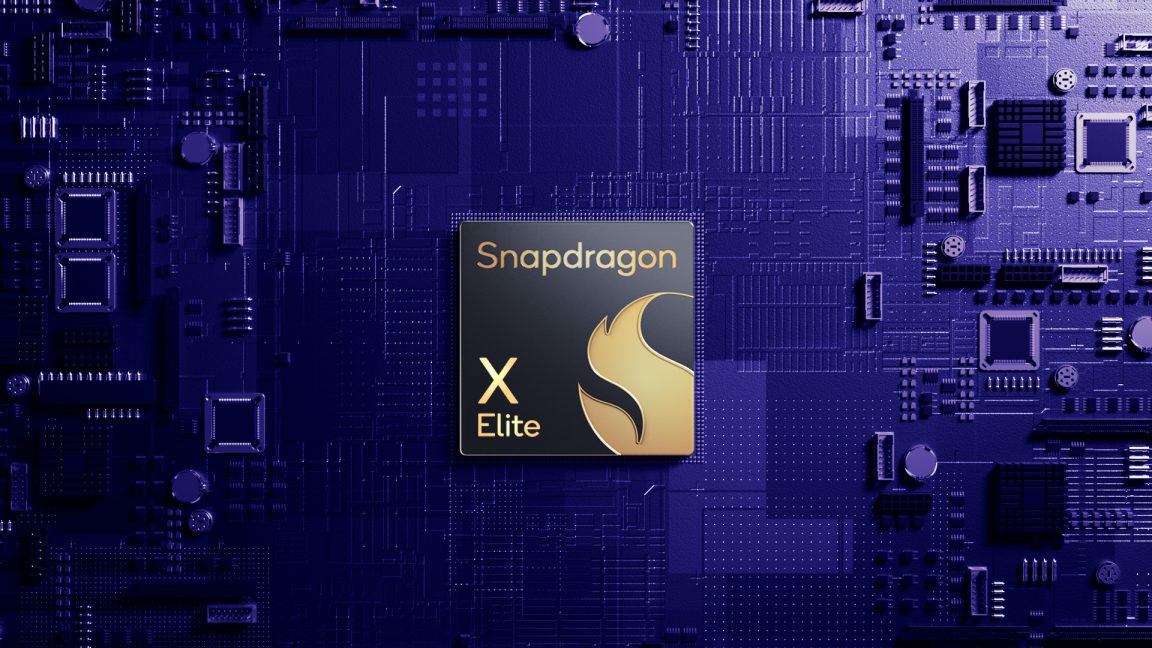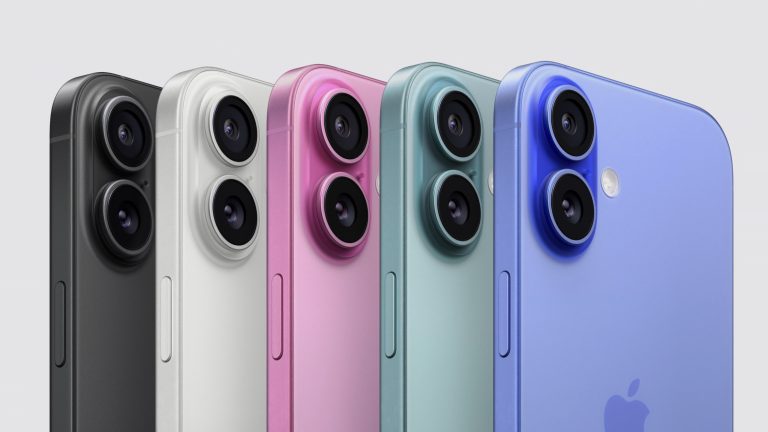Arm and Qualcomm's dispute over Qualcomm's Snapdragon X Elite chips is continuing in court this week, with executives from each company taking the stand and attempting to downplay the accusations from the other side.
If you haven't been following along, the crux of the issue is Qualcomm's purchase of a chip design firm called Nuvia in 2021. Nuvia was originally founded by ex-Apple chip designers to create high-performance Arm chips for servers, but Qualcomm took an interest in Nuvia's work and acquired the company to help it create high-end Snapdragon processors for consumer PCs instead. Arm claims that this was a violation of its licensing agreements with Nuvia and is seeking to have all chips based on Nuvia technology destroyed.
According to Reuters, Arm CEO Rene Haas testified this week that the Nuvia acquisition is depriving Arm of about $50 million a year, on top of the roughly $300 million a year in fees that Qualcomm already pays Arm to use its instruction set and some elements of its chip designs. This is because Qualcomm pays Arm lower royalty rates than Nuvia had agreed to pay when it was still an independent company.
For its part, Qualcomm argued that Arm was mainly trying to push Qualcomm out of the PC market because Arm had its own plans to create high-end PC chips, though Haas claimed that Arm was merely exploring possible future options. Nuvia founder and current Qualcomm Senior VP of Engineering Gerard Williams III also testified that Arm's technology comprises "one percent or less" of Qualcomm's finished chip designs, minimizing Arm's contributions to Snapdragon chips.
Although testimony is ongoing, Reuters reports that a jury verdict in the trial "could come as soon as this week."
If it succeeds, Arm could potentially halt sales of all Snapdragon chips with Nuvia's technology in them, which at this point includes both the Snapdragon X Elite and Plus chips for Windows PCs and the Snapdragon 8 Elite chips that Qualcomm recently introduced for high-end Android phones.



 Loading comments...
Loading comments...
